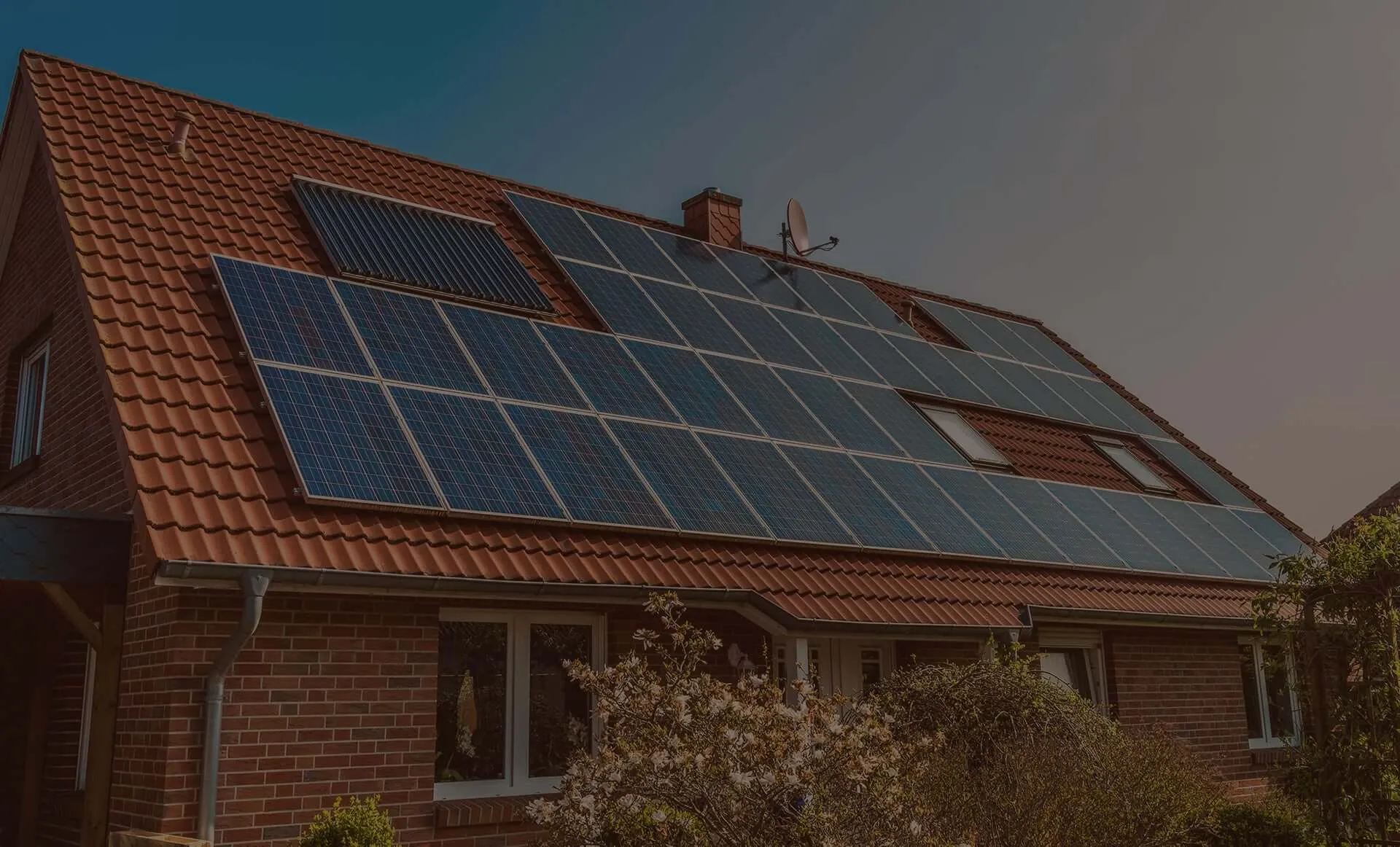Choosing the Right Home Inverter for Your Energy Needs
The Importance of House Inverters in Modern Homes
In today’s world, where technological advancements are rapidly transforming our daily lives, the concept of energy efficiency has gained paramount importance. One of the critical innovations that have been integrated into modern homes is the house inverter. House inverters play a vital role in managing electrical energy, providing numerous benefits for homeowners.
What is a House Inverter?
A house inverter is an electrical device that converts direct current (DC) from sources such as batteries or solar panels into alternating current (AC), which is used by appliances in our homes. This conversion is essential because most electrical devices, from refrigerators to computers, operate on AC. In essence, house inverters serve as the bridge between renewable energy sources and household energy consumption.
The Role of House Inverters in Energy Independence
One of the primary advantages of utilizing house inverters is the promotion of energy independence. As more homeowners turn towards renewable energy sources, such as solar or wind power, the integration of inverters allows for the efficient use of generated electricity. By converting solar energy into usable AC power, homeowners can significantly reduce their reliance on traditional power grids. This not only cuts down on energy costs but also contributes to a more sustainable environment by decreasing fossil fuel consumption.
Benefits of House Inverters
1. Cost Savings One of the most immediate benefits of installing an inverter is the potential for financial savings. With rising electricity prices, homeowners can lower their energy bills by harnessing solar energy. By using a house inverter, they can store excess energy generated during peak sunlight hours for use later, thus maximizing their investment in renewable energy systems.
house inverter

2. Backup Power Supply House inverters can also provide a reliable backup power supply during outages. This is especially important for areas prone to frequent power interruptions. With a properly installed inverter, homeowners can power essential appliances, such as refrigerators, lights, and medical devices, ensuring that their daily lives are minimally disrupted.
3. Enhanced Energy Management Modern house inverters are equipped with advanced technology that enables homeowners to monitor their energy usage in real-time. Many inverters come with smartphone applications that allow users to track their energy production and consumption. This enhanced management capability empowers homeowners to make informed decisions about energy use, further contributing to efficiency and savings.
4. Environmental Impact By transitioning to renewable energy sources with the help of house inverters, homeowners contribute positively to environmental sustainability. The reduction in dependence on fossil fuels leads to lower carbon emissions, which is crucial in combating climate change. Homeowners who utilize inverters are playing a part in the larger movement towards a sustainable future.
Choosing the Right House Inverter
When selecting a house inverter, homeowners should consider several factors to ensure they make the right choice. The first step is to determine the power requirements of the household. This includes understanding the wattage of appliances and the total energy consumption of the home. Additionally, homeowners should assess whether they want a grid-tied inverter, which works alongside the grid, or an off-grid inverter, which operates independently.
It's also essential to choose a reputable manufacturer. Quality matters when it comes to inverters, as a reliable product ensures longevity and effectiveness. Features such as efficiency ratings, warranty periods, and customer reviews should be carefully evaluated before making a purchase.
Conclusion
House inverters represent a significant step toward energy independence and sustainability for modern homeowners. By facilitating the use of renewable energy, they not only provide cost savings and backup power solutions but also contribute to an overall reduction in environmental impact. As technology continues to advance, the importance and functionality of house inverters will only grow, making them an essential component of the smart home of the future. Investing in a house inverter is not merely a choice for immediate needs; it is a commitment to a more sustainable and efficient way of living.
-
Unleashing the Power of Solar InvertersNewsOct.23,2024
-
The Advantages of String Solar InvertersNewsOct.23,2024
-
Revolutionizing Energy: Your Guide to Solar InvertersNewsOct.23,2024
-
Harnessing the Sun: The Essential Guide to Solar InvertersNewsOct.23,2024
-
Harness the Power of the Sun: Your Guide to On-Grid Solar InvertersNewsOct.23,2024
-
A Comprehensive Guide to Off-Grid Solar InvertersNewsOct.23,2024







